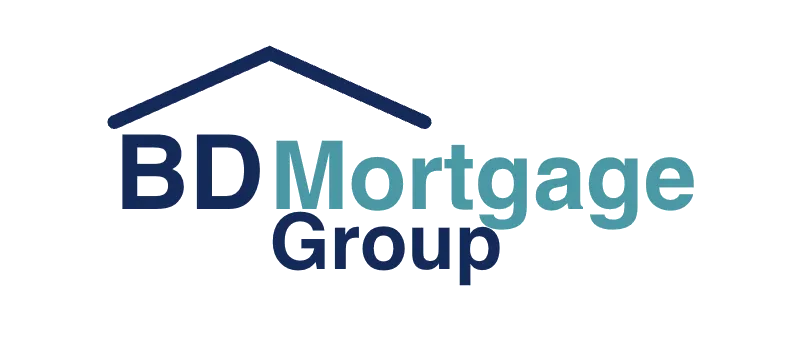ATTENTION: Homebuyers
Bank Statement Loans: Tailored Mortgage Solutions for Self-Employed Homebuyers
Flexible Mortgage Solutions for Entrepreneurs and Freelancers
Bank Statement Loans: Tailored Mortgage Solutions for Self-Employed Homebuyers
Are you self-employed and aspiring to own a home? Traditional mortgage processes often pose challenges for entrepreneurs and freelancers due to stringent income verification requirements. However, bank statement loans offer a flexible alternative, enabling self-employed individuals to secure mortgages without relying on conventional income documentation.
Understanding Bank Statement Loans
Bank statement loans are designed for self-employed borrowers lacking traditional income proof like W-2s or pay stubs. Instead, lenders assess income based on personal or business bank statements over a period, typically 12 to 24 months. This method provides a more accurate representation of a self-employed individual's cash flow, facilitating mortgage qualification.
.
Benefits for Self-Employed Borrowers
Flexible Income Verification:
Utilizes bank statements to reflect true earnings, accommodating various income streams.
Higher Loan Amounts:
Potential for larger loans based on actual cash flow rather than taxable income.
Customized Loan Terms: Offers tailored repayment schedules and interest rates to suit unique financial situations.
How Bank Statement Loans Work
Income Assessment: Lenders review 12 to 24 months of bank statements to calculate average monthly income.
Documentation: Proof of self-employment, such as a business license or client contracts, is required.
Credit Evaluation: A minimum credit score, often around 660, is typically necessary.
Down Payment: Down payments may range from 10% to 20%, depending on the lender and financial profile.
Eligibility Criteria
Self-Employment Tenure: Generally, a minimum of two years in the same industry is preferred.
Debt-to-Income Ratio: Lenders may accept ratios up to 50%, though lower ratios are favorable.
Asset Verification: Proof of sufficient assets to cover down payment and reserves is essential.
Application Process
Select a Specialized Lender: Choose lenders experienced with bank statement loans for self-employed individuals.
Prepare Documentation: Gather necessary bank statements and proof of self-employment.
Submit Application: Provide required documents and complete the lender's application process.
Underwriting: The lender evaluates financial health and repayment ability.
Approval and Closing: Upon approval, proceed with closing to finalize the mortgage.
Bank Statement Analyzer
Upload Bank Statements
Upload up to 12 months of bank statements (PDF format)
Income Analysis
| Type | Frequency | Amount | Status |
|---|
Risk Assessment
Considerations
Interest Rates: Bank statement loans may have higher interest rates compared to traditional mortgages.
Fees: Be aware of potential fees associated with non-traditional loan products.
Lender Variability: Requirements and terms can vary significantly between lenders; thorough comparison is advised.
Conclusion
Bank statement loans present a viable pathway to homeownership for self-employed individuals, offering flexibility in income verification and accommodating the unique financial landscapes of entrepreneurs and freelancers. By understanding the process and preparing necessary documentation, self-employed borrowers can navigate the mortgage landscape more effectively and achieve their homeownership goals.
COMPLETE THE FORM BELOW TO SEE IF YOU QUALIFY!
No credit terms or conditions are advertised on this page. Information is educational only and subject to change without notice. Eligibility, documentation, and underwriting outcomes vary by applicant. Contact BD Mortgage Group at 727-761-6111 for personalized guidance.
COMPANY
CUSTOMER CARE
RESOURSES
LEGAL

© Copyright 2025. BD Mortgage Group. All Rights Reserved.